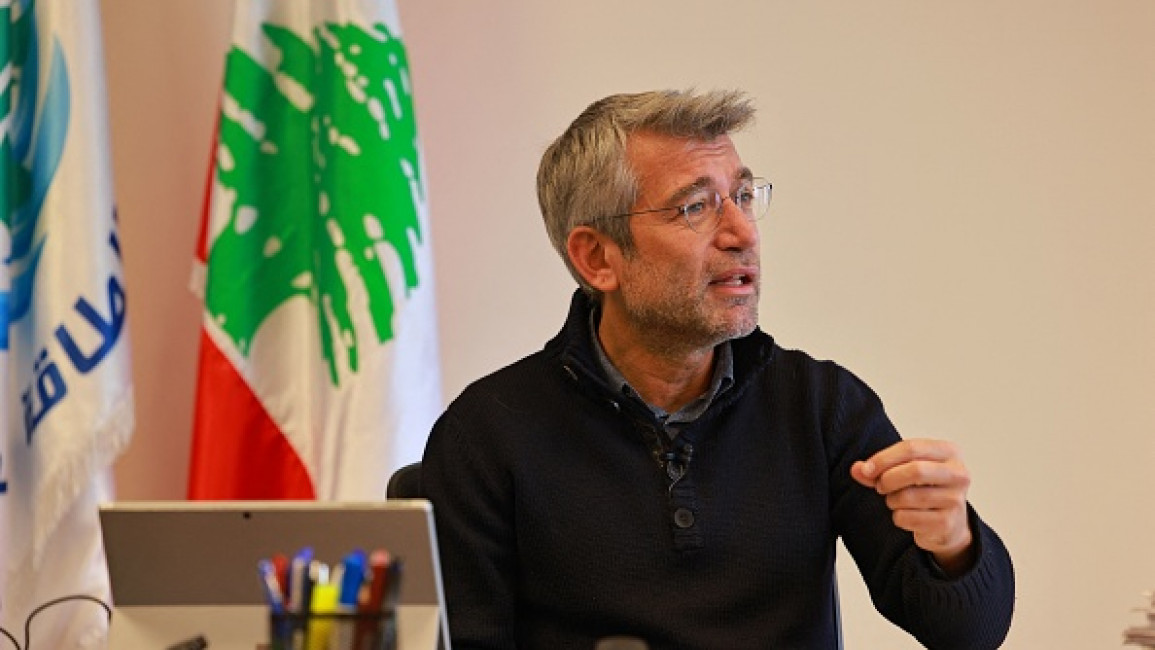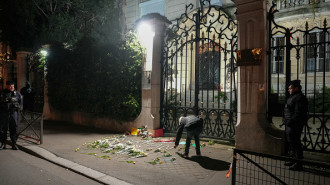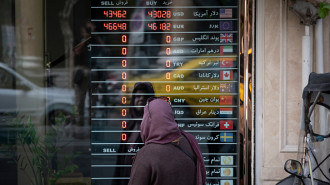Lebanese energy minister accosted by angry mob amid power cuts, austerity drive
Lebanese Energy Minister Walid Fayyad has been accosted by angry restaurant-goers in the capital Beirut over the government's disastrous economic policies that have pushed millions of Lebanese into poverty.
Fayyad was leaving a restaurant on Hamra Street, Beirut's cultural hub, when he was confronted by members of the public over Lebanon's myriad problems - ranging from frequent power cuts to punishing austerity measures.
According to the UN, three-quarters of the Lebanese population has been plunged into poverty, faced with medicine shortages and rising costs of fuel and everyday goods.
الوقح وزير الطاقة وليد فياض وزير نظام قتل العالم عم يضهر بين الناس ومكفي حياته طبيعي! pic.twitter.com/UAeH0xHRz8
— Adham Hassanieh أدهم الحسنية (@AdhamMG) March 1, 2022
In a clip that went viral Tuesday evening, a woman can be heard shouting: "You sit here every day with people who killed us."
Later in the clip, a man appears to hit Fayyad, while others attempt to calm the tense situation.
The same individual can be heard saying: "He shouldn't sit with everyday people when he's part of a government filled with killers and criminals."
According to An-Nahar, other Lebanese politicians have found themselves in similar situations since the onset of the October 2019 revolution.
Protests take place on a regular basis in Beirut, calling for the overhaul of Lebanon's political elite who are accused of incompetency and corruption with the Lebanese lira losing 95 percent of its value over the past three years.
Lebanon's political, social and economic crisis, exacerbated by the coronavirus pandemic, has seen millions of Lebanese lose their life savings and wages cut to a fraction of their former value.
The situation has led to dire conditions for Lebanese and refugees, with the threat of starvation as conditions worsen. Lebanese villages and cities also suffer from frequent power cuts.
In August 2020 an explosion at Beirut's port killed about 220 people and injured over 6,000, forcing the government to resign.
Several politicians, including former prime ministers Hassan Diab and Saad Hariri, have failed to form cabinets, and subsequently resigned.



